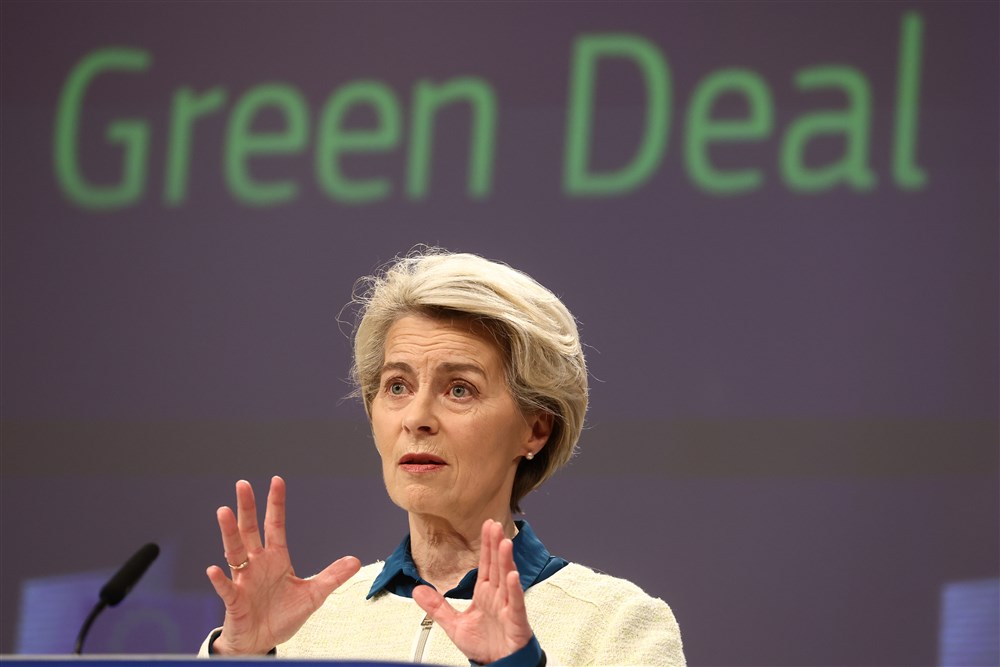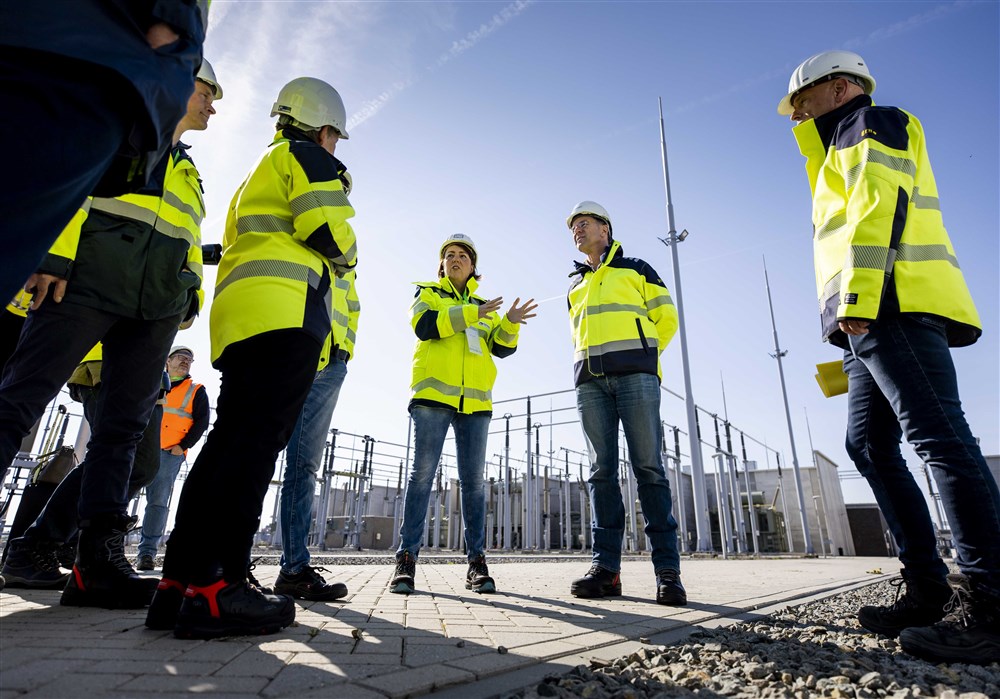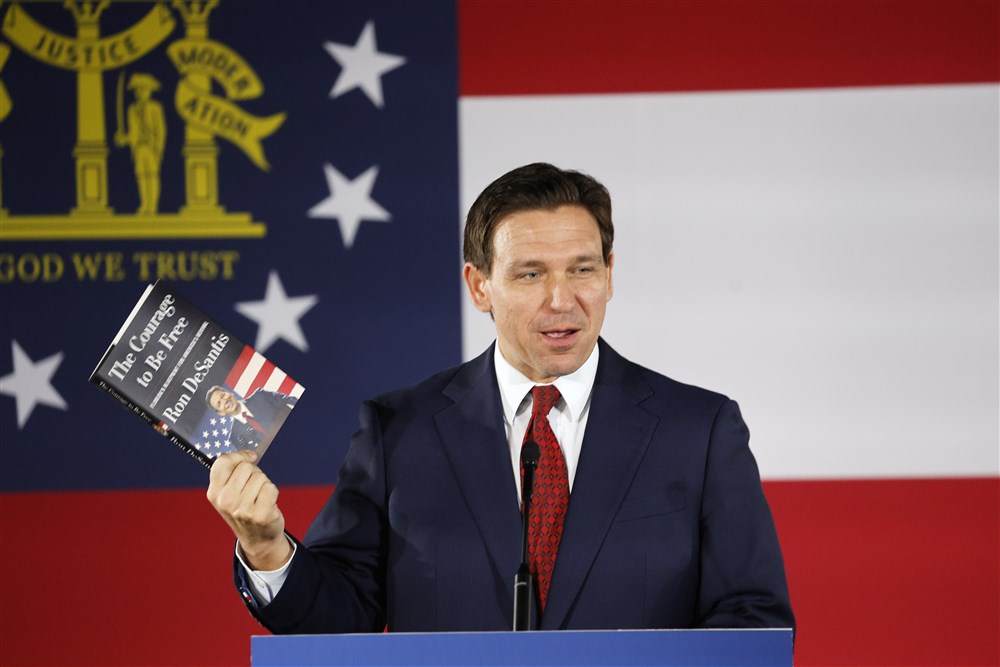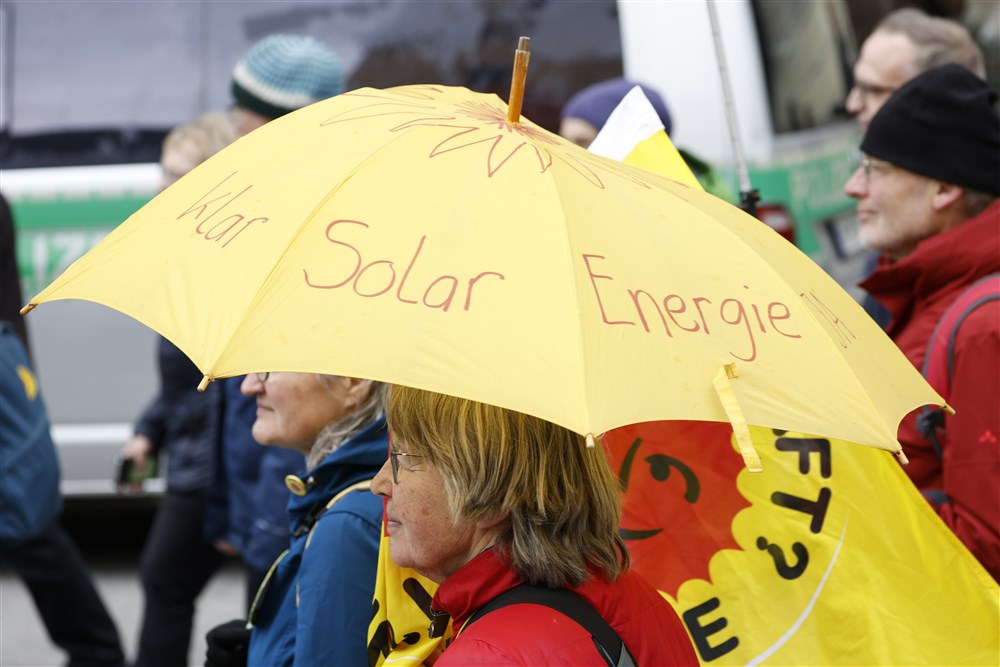Ursula von der Leyen now knows how long she has left to secure her flagship ‘green deal’ and make Europe the first climate-neutral continent by 2050.
With the announcement of EU elections set for June 6 – 9 in 2024, the clock is now ticking on the European Commission President’s mandate.
“Because of the election cycle, the Commission is hell bent on passing laws setting climate related targets with arbitrary goals,” Dutch MEP and JA21 Party member Michiel Hoogeveen tells the Brussels Signal.
Time pressure has increased due to “growing opposition against the dogmatic climate push” from both the Left and Right of the political spectrum.
The European Commission has delayed four key pieces of Green Deal legislation, according to Politico. The delay follows pushback from the European People’s Party (EPP)—the largest party in the European Parliament—over concerns about the impact some policies are having on the bloc’s farmers.
Writing for the UK’s Daily Telegraph, Fraser Nelson argues that Europe is beginning to turn against the prophets of climate alarmism.
Across Europe, there’s a rebellion against Net Zero – and a move towards a calmer, more deliverable green agenda.
My column:-
https://t.co/0JFMJaYJcT— Fraser Nelson (@FraserNelson) May 19, 2023
He highlights how Dutch farmers recently drove tractors to The Hague to protest against the EU’s “green diktats”, while Sweden’s environment minister “has been quietly diluting the green laws she inherited”.
Fraser also notes—as does Hoogeveen—that Emmanuel Macron, under pressure from the gilets jaunes protests, has now “called on the EU to stop its barrage of green legislation, saying that enough is enough.”
“We might just have passed Peak Green,” says Nelson. He points to how last year Germany signed up to the EU target to ban the sale of internal combustion engine cars by 2035—but “now opposes the idea, as do Italy, Poland and Czechia.”
It doesn’t mean the green agenda is “collapsing”, Nelson says, rather that it is now “being subjected to the kind of scrutiny that was never applied in the first place.”
In the US the government is also having to dial back on environmental pledges, notes Ralph Schoellhammer writing for Spiked.
“Both energy needs and energy security are starting to trump environmental concerns,” says Schoellhammer, an assistant professor in economics and political science at Webste University Vienna and a contributor to the Brussels Signal. He says that around the world “there is a growing realisation that stringent climate targets are simply not going to be met” and that economically they are unsustainable.
“We are not against climate policy, but setting dates and targets in stone is not how the free market works,” Hoogeveen says.
European elections take place every five years and are the “largest transnational elections in the world”. EU citizens get to choose the 705 members that will represent them in the European Parliament until 2029.





